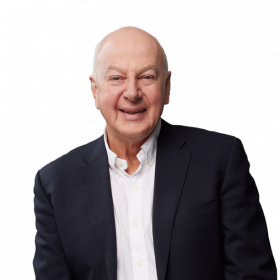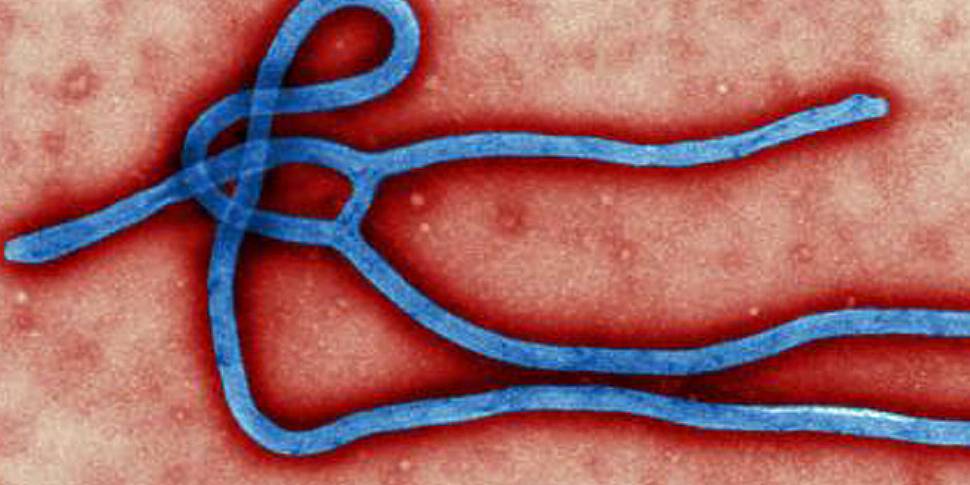A nurse who volunteered to help in the fight against Ebola is "doing as well as can be expected" after being diagnosed with the deadly virus on her return to Glasgow from Sierra Leone.
Pauline Cafferkey is now receiving specialist treatment in London.
Ms Cafferkey had returned to Scotland from working in Sierra Leone.
Scotland's First Minister Nicola Sturgeon says passengers on the internal flight she took from Heathrow are being contacted but the risk to the public is very low.
“After the passenger lists were received last night there were 70 people that required to be traced. AS of this time, 63 of them have been contacted,” Ms Sturgeon said.
A second patient in Scotland is also being tested for Ebola.
The Scottish government says the patient recently returned from West Africa, although they are not thought to have had direct contact with anyone who had the virus.
This morning, a healthcare worker diagnosed with Ebola was transferred from Glasgow to the Royal Free Hospital in London.
Meanwhile, a patient is being assessed for possible symptoms of Ebola in England, at the Royal Cornwall Hospital in Truro.
The person is being kept in isolation and the result will be known in around 24 hours.
The patient had recently been in a high-risk Ebola area, although the exact location has not been revealed.
The tests are thought to be precautionary - more than 100 patients have tested negative in similar circumstances over the last few months.
Symptoms of Ebola are very similar to other tropical diseases, such as malaria.
Two other people who have been in West Africa are being tested for Ebola - one in the Highlands and one in Cornwall.
The Scottish patient is a female healthcare worker who has not had any direct contact with people infected with Ebola but became unwell following a recent return from a country with an outbreak.
She is being taken from a youth hostel in the Highlands to Aberdeen Royal Infirmary for tests.
The other patient - at the Royal Cornwall Hospital in Truro - has been placed in isolation and is being tested for Ebola.
Scotland's First Minister Nicola Sturgeon said the risk to the general public is "extremely low to the point of negligible" and added that Ms Cafferkey was doing "as well as could be expected".
Apart from the other passengers on the flight and hospital staff Ms Cafferkey is thought to have had contact with only one other person in Scotland - her partner. All those contacts are being traced and will be closely monitored.
Of the 72 people on the Heathrow to Glasgow flight, 56 have been contacted so far.
Ms Cafferkey, who had been working with Save The Children at the Ebola Treatment Centre at Kerry Town, Sierra Leone, was admitted to hospital early on Monday after feeling unwell and was placed into isolation at 7.50am. She is in a stable condition.
She was isolated and received treatment in the specialist Brownlee Unit for Infectious Diseases on the Gartnavel Hospital campus, before the operation to move her by plane and RAF ambulance to the Royal Free Hospital in London began in the early hours.
Workers in full protection suits were seen loading her quarantine tent on to an RAF C-130 plane at Glasgow airport soon after a convoy of ambulances and police cars left Gartnavel.
The north London hospital's infectious diseases unit is run by a dedicated team of doctors and laboratory staff and access is restricted to trained medical staff.
A specially designed tent is set up around the patient's bed so the infection can be contained while they are treated.
The unit successfully treated another British nurse, William Pooley, who was flown home from Sierra Leone in August after being diagnosed with Ebola.
Ms Cafferkey travelled home via Casablanca and London Heathrow, spending around six hours in each airport before catching connecting flights.
She was vetted twice, in Sierra Leone and at Heathrow, without any signs of Ebola being detected.









